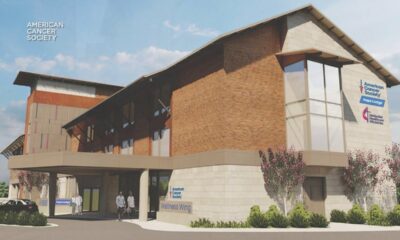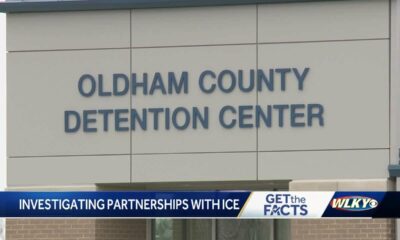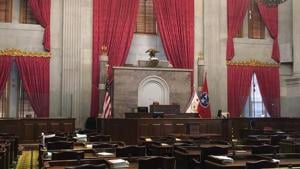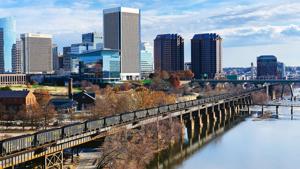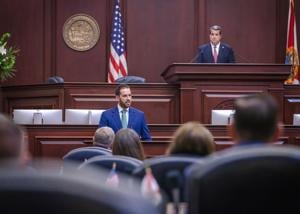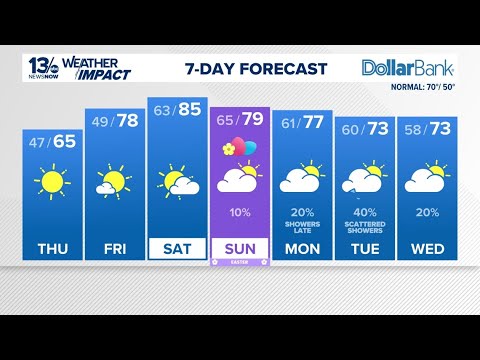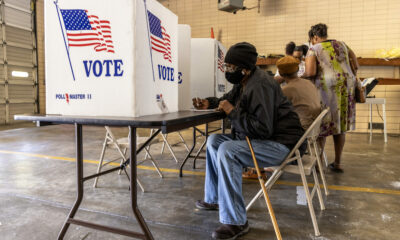(The Center Square) – The water crisis that gripped the Richmond in January, leaving the capital waterless for days, was “completely avoidable,” according to a new report.
The outage stemmed from a January winter storm that knocked out power at Richmond’s water treatment plant. It caused much of the area, including businesses, to halt normal activity, additionally delaying the start of the General Assembly.
Virginia Gov. Glenn Youngkin released a scathing report from the Virginia Department of Health on the crisis, noting the incident could have been prevented, calling on the city to implement a corrective action plan following “a second notice of violation against the city.”
In addition to the plan of action, the governor announced funding assistance to businesses, agriculture and non-profits impacted by the crisis.
The governor didn’t mince words in his criticism of Richmond, telling leaders it is time to act.
“The disruption of a safe and reliable water supply in Richmond this past January never should have happened,” said Youngkin. “Moving forward, it should never happen again, and I’ve directed the Department of Health to ensure Richmond takes all corrective actions necessary to achieve that objective. The people of Richmond and the surrounding counties persevered through this preventable crisis, and now it’s time for city leaders to step up for their citizens.”
The report stems from an investigation by VDH’s Office of Drinking Water and Short Elliott Hendrickson, Inc., an engineering firm tasked with identifying issues that led to the Richmond area being left without “reliable” water service for days. They found that “significant operational, procedural, and infrastructure failures” contributed to the crisis.
The report underscored that the crisis was “completely avoidable,” pointing to the city’s water treatment plant for the failures. By operating in “winter mode, the plant relied “solely on overhead main power, eliminating critical redundancy.”
In addition, the investigation cited “poor maintenance” with critical backup systems, including backup batteries that were not “properly maintained despite known flood risks.”
Lastly, the investigation claims the treatment facility over-relied on manual processes, which include “ineffective emergency plans and manual procedures hampered” the plant’s response when it lost power.
“Our public water systems are our primary source of safe drinking water. Given the essential role that water plays in our daily lives, it is critical that stronger preventative measures be in place,” according to a release from the governor’s office. “Moving forward, VDH will coordinate with City officials to develop and implement a corrective action plan, addressing these deficiencies and preventing future outages.”
In an effort to assist several entities impacted by the outage, Youngkin announced that the U.S. Small Business Administration has made Economic Injury Disaster Loans available to those affected.
The loans are intended to help “small businesses, small agriculture cooperatives, small businesses engaged in aquaculture, and most private, non-profit organizations” that suffered economic impacts to aid with “operational costs during the recovery process.”
The declaration covers the counties of Goochland, Hanover, Henrico and Richmond City, as well as Caroline, Charles City, Chesterfield, Cumberland, Fluvanna, King William, Louisa, New Kent, Powhatan and Spotsylvania counties.



